Johannesburg, South Africa – Hundreds of investigative journalists from across Africa convened this week at Wits University for the 21st African Investigative Journalism Conference (AIJC) — a landmark gathering aimed at sharing experiences, confronting the mounting challenges facing journalists, and reaffirming the power of investigative journalism in shaping societies.
The three-day conference — which opened on Wednesday and concluded on Friday — drew over 400 participants from across the continent, including early-career reporters, editors, and international media organizations.
Hosted annually by the Wits Centre for Journalism since its founding in 2004, the AIJC has evolved into Africa’s largest gathering of investigative reporters — a space for learning, collaboration, and building networks that strengthen watchdog journalism across the continent.
Delivering the keynote address, Fatou Bensouda, Ambassador of the Gambian High Commission to the UK and former International Criminal Court (ICC) prosecutor, urged African journalists to see their mission as more than just documenting events.
“By uncovering injustice, journalists are not just recording history — they are shaping it,” Bensouda said. “The media’s responsibility must go beyond this by also shining a light on solutions and innovations, and those overcoming adversity.”
She stressed that a free and courageous press, alongside accountable leadership and an empowered youth, remains central to an Africa that rises “beyond its narrative.”
Voices from the Field
For many participants, the AIJC was both an opportunity for professional growth and a reminder of the shared struggles facing journalists across the continent.
Million Haileselassie, a freelance journalist with Deutsche Welle (DW Amharic) based in Tigray, northern Ethiopia, described the conference as “eye-opening” and vital in strengthening unity among journalists across the continent.
“I am truly glad to be part of this prestigious gathering and to learn from the experiences of fellow journalists and experts,” he said. “We are working in a time when press freedom in Africa continues to decline. The detention, intimidation, and harassment of journalists by governments are becoming more common. In such difficult conditions, journalists must stand together.”
For Nyamguma Mahamudu, a Tanzanian climate change journalist with Dost Media, the conference offered critical insights into new investigative tools and methods.
“I expect to gain new insights into investigative techniques, especially in climate reporting,” he said at the beginning of the conference. “The conference will help me explore how to track accountability in climate finance — an area often affected by corruption, misuse of funds, and poor governance.”
From the Democratic Republic of Congo, Ben Akili underscored the moral dimension of investigative journalism, calling on African reporters to embrace ethics and truth in their work.
“I call on my Congolese colleagues in particular, and African journalists in general, to commit themselves to investigative journalism rooted in ethics, rigor, and truth,” Akili said. “Investigative journalism is an act of courage. It seeks to restore justice and defend human dignity.”
Rising Threats and a Call for Solidarity
While the conference celebrated the resilience of African journalists, it also confronted the grim reality of growing repression.
According to the Committee to Protect Journalists (CPJ), a record 376 journalists were behind bars as of December 1, 2024 — making the past three years the deadliest period ever recorded.
Addressing the conference, Angela Quintal, CPJ’s Africa Director, painted a sobering picture:
“In 2024, at least 125 journalists and media workers were murdered worldwide — the majority of them Palestinians killed by Israel,” she said. “At least six Sudanese journalists have also been killed this year. CPJ continues to investigate several other cases to determine whether the journalists’ deaths were in connection to their work.”
Quintal warned of a worsening environment for press freedom in Africa, with journalists in DRC, Tanzania, Zimbabwe, Senegal, and Burkina Faso facing censorship, violence, and even forced conscription.
“Without fear of contradiction, I can say from CPJ’s research: it has never been more dangerous to be a journalist,” she said. “Democracy is in retreat worldwide, and journalism as we know it is under threat.”
Yet, despite the grim statistics, Quintal closed her address with a rallying call:
“We, as journalists, cannot stay silent. Journalism matters — because truth still matters.”
As the conference concluded on Friday, participants left Johannesburg with renewed determination — to keep investigating, to keep exposing the truth, and to keep standing in solidarity.
In an era marked by repression, misinformation, and shrinking press freedom, the AIJC served as a powerful reminder that investigative journalism in Africa is not only alive — it is resilient, defiant, and essential for democracy.

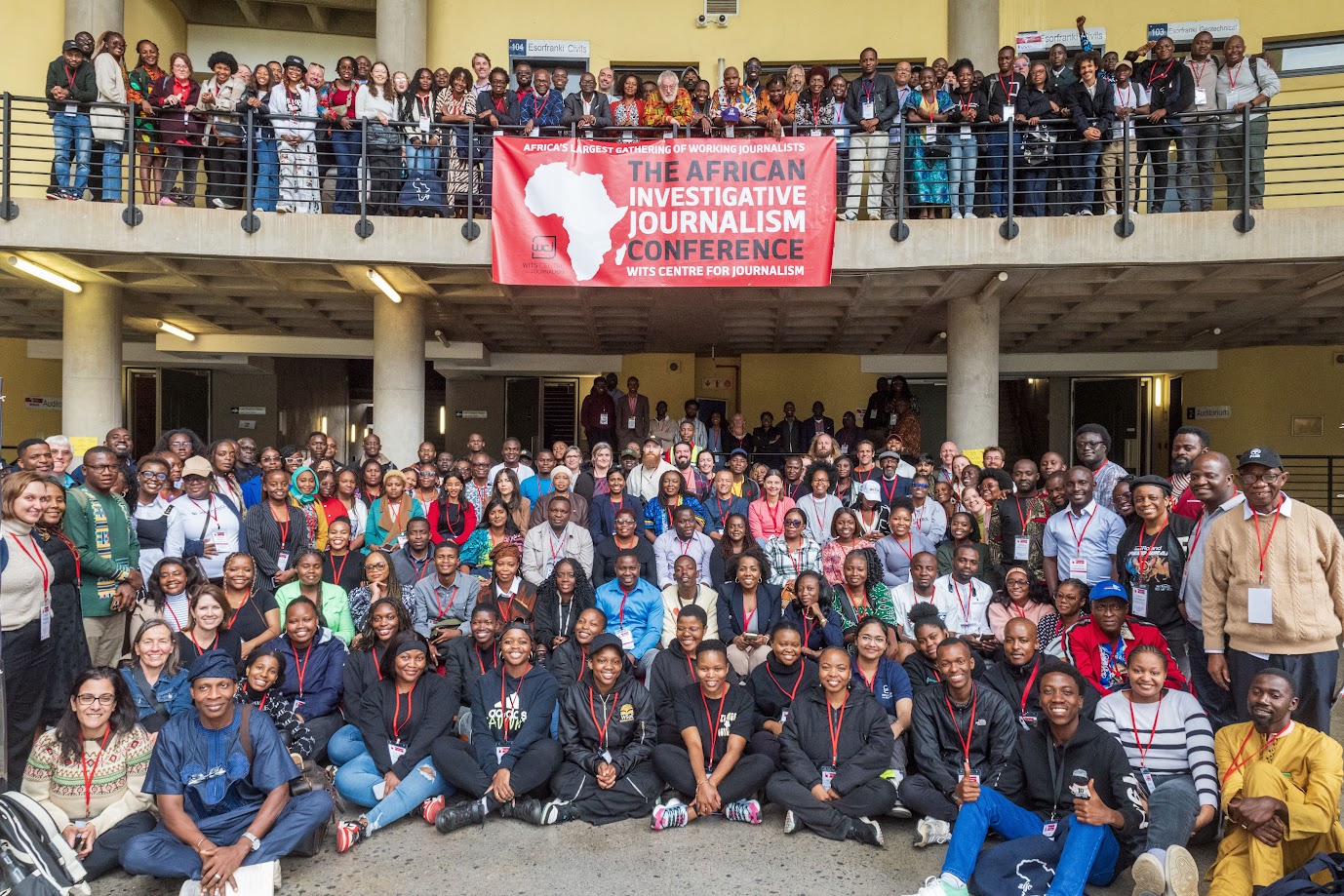
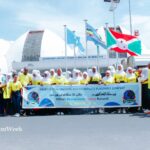
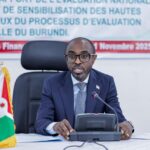
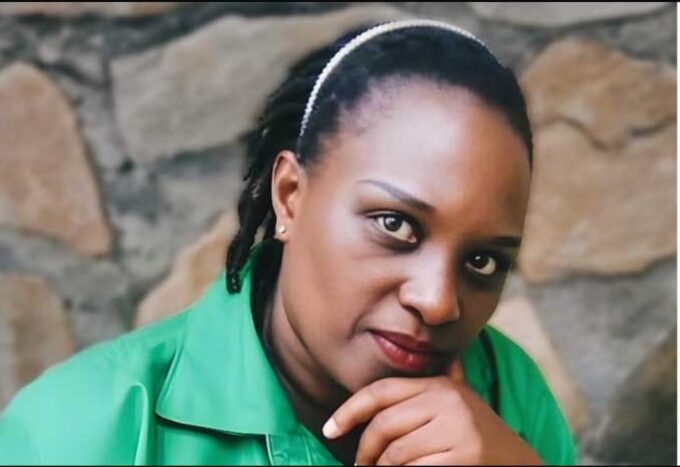
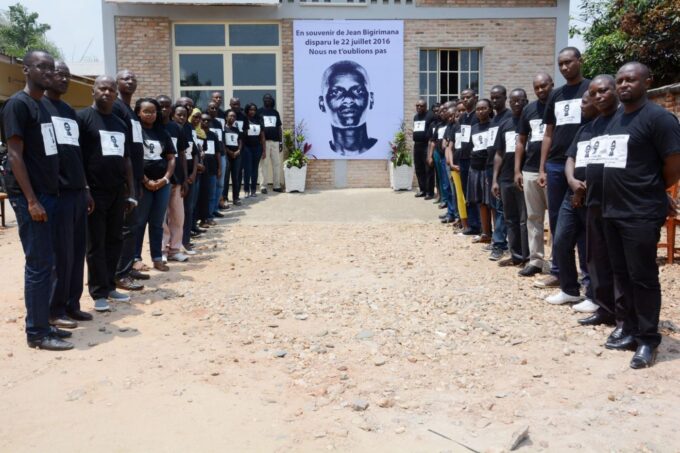
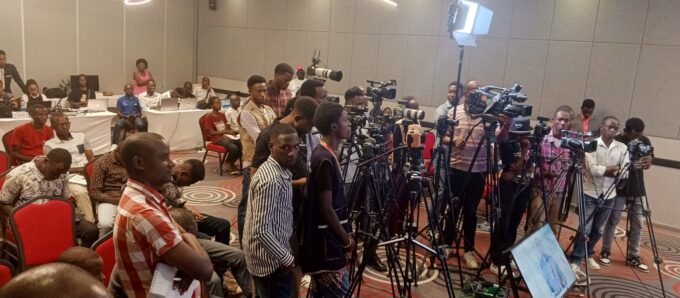
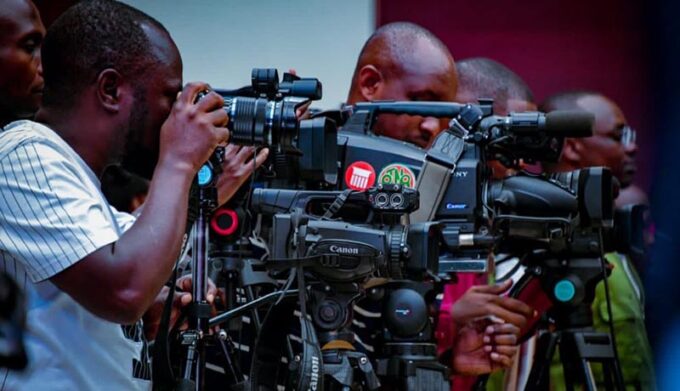
Leave a comment